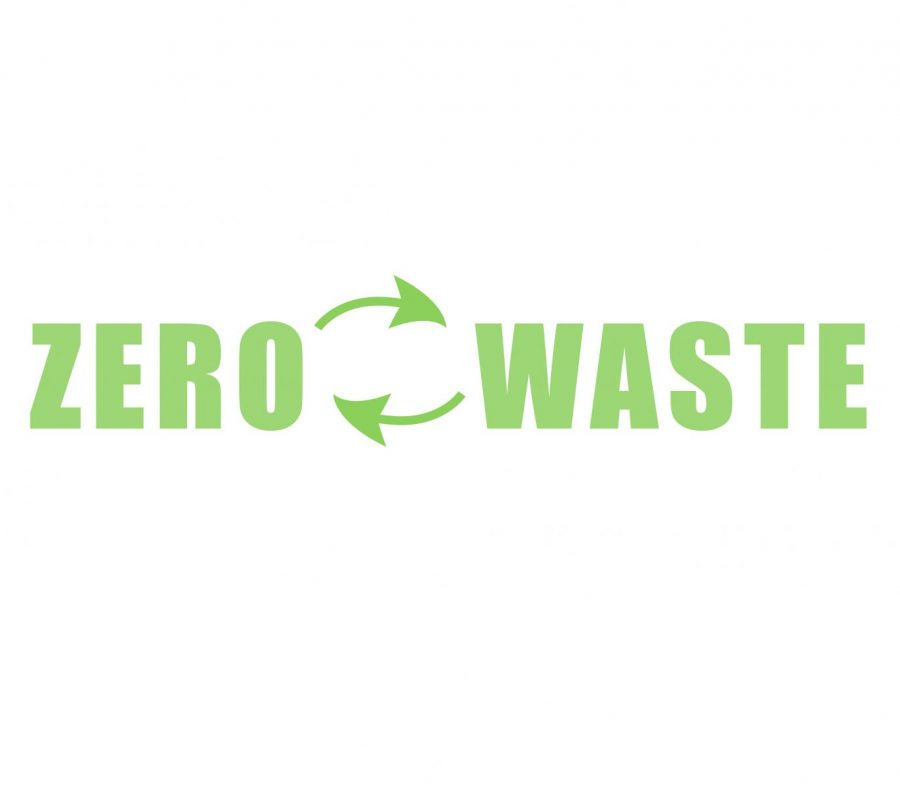BHSU Sets a Goal to be Zero Waste by the Year 2030
By decreasing its waste, BHSU will therefore decrease its emissions.
In order to be zero waste BHSU must divert 90% of its waste from the landfill.
Currently BHSU recycles about 14% of its waste. In recent years BHSU has taken ambitious steps in order to reduce the amount of material it sends to the landfill.
In 2005 a campus wide recycling program was instated making it easier for staff and students to recycle their waste. In 2016 the university placed recycle stations in prominent locations across campus. These recycle stations can be found in places such as residence halls, the library, and the student union.
The trash buddy system was also introduced providing a simple way to distinguish whether an item is trash or can be recycled. The blue bin is for recyclable materials, and the gray bin is for trash. Trash buddies are located in many of the offices under the desks giving an easy way to recycle items such as cans, paper, and plastic.
The cafeteria is also making great strides in reaching our goals. A hydra-extractor was installed in the dishwashing area in order to compost food waste. This machine extracts moisture from the food waste and leaves behind a semi-dry pulp of organic material. A’viands composts about 700 pounds of food per week. A’viands implements tray-less dining and also uses 100% reusable dishes, cups, and silverware.
In order to reach the goal of being zero waste there are more steps that BHSU needs to take. One of these is eliminating the use of disposable water bottles which the cafeteria has already done. It is encouraged that staff implements an electronic flow policy in which they practice sending materials electronically instead of paper copies. If paper is needed, BHSU would like to purchase 100% recycled-content paper to be used campus-wide. Also printing paper double-sided and using soy or vegetable based ink can be more sustainable.
For more information on what BHSU is doing in order to be zero waste contact the sustainability coordinator at 605-642-6298.


